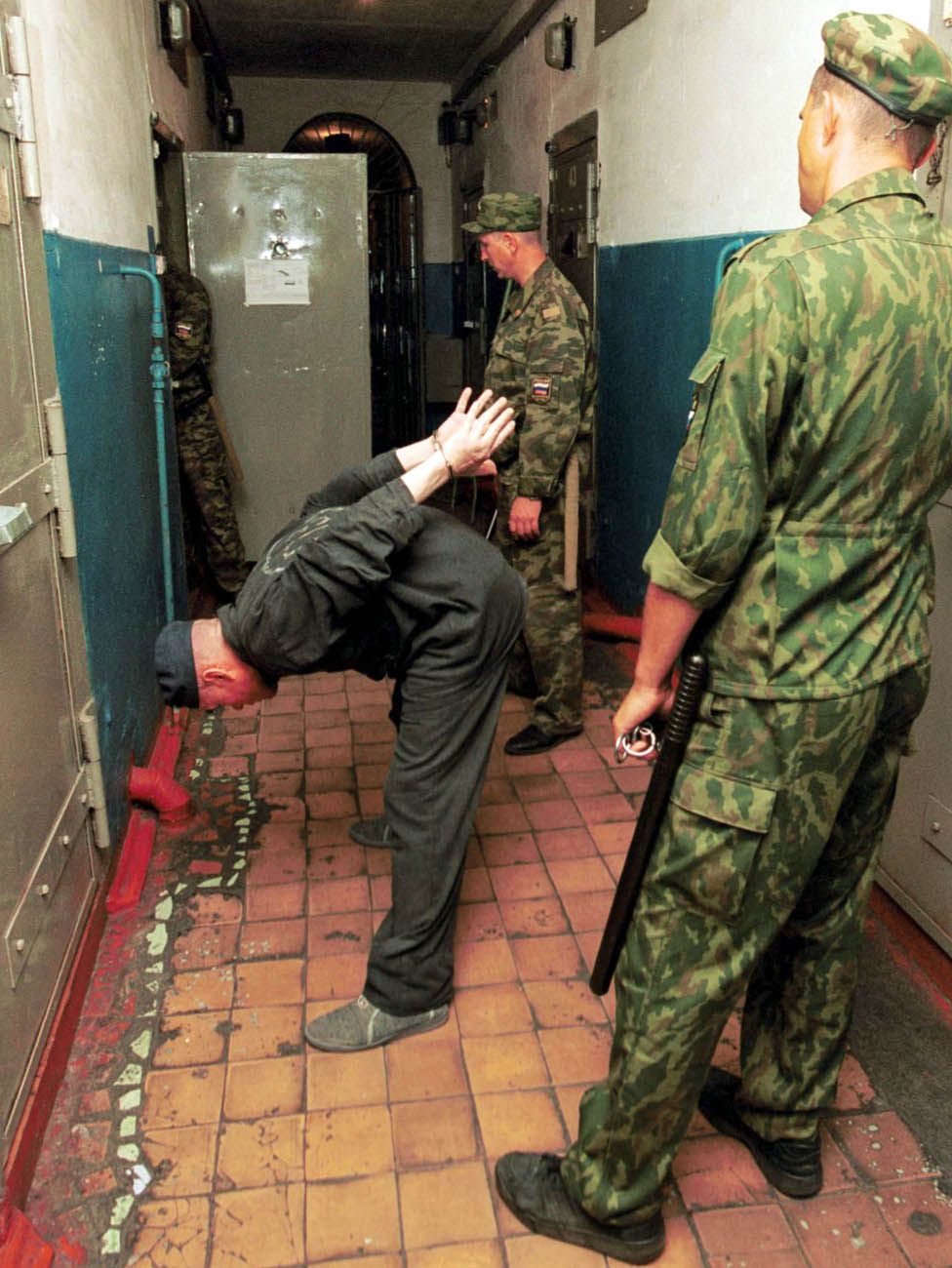The Russia-Ukraine conflict has been a prolonged and devastating chapter in modern history, affecting millions of lives and reshaping the geopolitical landscape. As the war continues to rage on, both nations have found themselves at critical junctures, searching for pathways towards peace amidst the chaos. The international community watches closely as each move made by either side carries significant weight. In this context, recent developments hint at renewed hope for resolution.
Hope reignites as prisoner exchanges and ceasefire talks take center stage in the ongoing Russia-Ukraine conflict. Following years of hostilities, there are signs that both parties might be inching closer to diplomatic solutions. These efforts include substantial prisoner-of-war exchanges and discussions around temporary ceasefires during significant religious holidays, offering glimmers of optimism amid an otherwise grim scenario. This article delves into these pivotal moments, exploring their implications for future peace prospects.
Significant POW Exchange Marks New Chapter
A landmark moment occurred recently when Russia and Ukraine executed their largest prisoner exchange since the onset of the conflict over three years ago. This operation saw hundreds of prisoners being released, with Russia's Ministry of Defense reporting the return of 246 individuals. Such large-scale exchanges signify a willingness from both sides to engage in dialogue and consider humanitarian gestures despite persistent tensions.
This development underscores the complexity of negotiations between adversaries who remain deeply entrenched in opposing stances. For Ukraine, reciprocating such moves cautiously reflects its skepticism regarding Moscow's intentions while maintaining openness to potential avenues for de-escalation. Meanwhile, Russia’s actions suggest a strategic approach aimed at improving its image internationally while addressing domestic concerns about detained personnel.
Experts argue that these exchanges could pave the way for broader discussions concerning lasting peace agreements if handled diplomatically by all stakeholders involved. However, sustaining momentum requires mutual trust-building measures beyond mere symbolic acts like POW releases.
Holiday Ceasefires: A Step Towards Peace?
Russian President Vladimir Putin voiced support for Hungarian Prime Minister Viktor Orban's initiative advocating for a Christmas ceasefire alongside a significant prisoner swap. Although Kyiv initially criticized Orban for engaging directly with Putin without consulting them first, subsequent developments indicate increased interest in exploring peaceful resolutions through various channels.
Discussing seasonal truces provides opportunities for reducing violence temporarily and allowing civilians respite from relentless warfare. It also creates space for constructive conversations among conflicting parties under less adversarial conditions. While previous attempts at implementing similar breaks have faced challenges due to breaches or lack of enforcement mechanisms, current circumstances present unique possibilities worth pursuing.
Moreover, involving third-party mediators such as Hungary adds another layer of complexity but may enhance credibility if managed effectively. Continued engagement across multiple fronts demonstrates growing recognition among leaders worldwide that resolving the crisis necessitates collaborative efforts transcending unilateral approaches.
Temporary Ceasefire Accompanied By Major POW Swap
In our news wrap Saturday, Russia and Ukraine engaged in exchanging prisoners of war coinciding with the initiation of a temporary ceasefire agreement. This synchronized action highlights coordinated planning between both nations despite lingering mistrust issues. Concurrently, other global events unfolded including progress reports from U.S.-Iran nuclear discussions and updates related to regional conflicts elsewhere.
Ukraine expressed cautious optimism regarding Russia's declared Easter truce announcement, emphasizing its readiness to respond positively should Moscow demonstrate sincerity. Nevertheless, past experiences caution against premature celebrations given documented instances where agreed-upon pauses were violated promptly afterward. Therefore, monitoring compliance remains crucial throughout any trial periods established.
As we witness simultaneous advancements within different spheres simultaneously - whether military operations, diplomatic engagements, or humanitarian initiatives - understanding interconnections becomes vital. Each small victory contributes incrementally toward achieving comprehensive settlements capable of ending protracted hostilities once and for all.
Evaluating Russia's Easter Truce Proposal
Vladimir Putin announced a temporary Easter ceasefire in Ukraine starting Saturday, citing humanitarian considerations behind his decision. Accompanying this declaration was the execution of another extensive prisoner exchange involving hundreds of captured soldiers from both sides. Analysts interpret these moves as part of Russia's broader strategy to recalibrate its position strategically amidst mounting pressure internally and externally.
However, Ukraine remains vigilant, acknowledging the possibility of insincere gestures designed solely for propaganda purposes rather than genuine commitments towards peacebuilding. President Zelenskyy reiterated earlier sentiments expressing doubt unless tangible evidence emerges supporting Russia's alleged goodwill gestures. Despite reservations, maintaining open lines of communication ensures no opportunity goes unexplored prematurely dismissed out hand.
Ultimately, assessing the effectiveness of short-term truces hinges upon evaluating long-term impacts they produce moving forward. Successful implementation depends heavily upon adherence levels demonstrated consistently over extended durations instead of isolated incidents disconnected from overarching objectives pursued collectively by all participants involved.
Challenges Amidst Reported Violations
Despite declarations of adherence to the Easter ceasefire, reports surfaced indicating multiple Russian violations along the frontlines according to Ukrainian President Volodymyr Zelenskyy. Simultaneously, Ukraine celebrated bringing home 277 additional POWs following further negotiations with Russia. Progress remains uneven as advances in one area often coincide with setbacks elsewhere complicating overall assessment processes significantly.
Republican US Congressman Brian Fitzpatrick visiting Ukraine's frontline areas symbolizes growing bipartisan American support for Ukraine amid escalating tensions. His gesture included signing artillery shells destined for Russian positions highlighting continued solidarity shared amongst allies committed to defending democratic principles globally. Such displays reinforce unity essential during challenging times requiring steadfastness above wavering uncertainties.
Moving ahead necessitates balancing realistic expectations against aspirational goals ensuring neither side loses sight of ultimate aims sought after enduring prolonged hardships endured thus far. Only sustained commitment backed by robust verification protocols guarantees meaningful outcomes benefitting everyone affected directly or indirectly throughout this tumultuous period experienced collectively worldwide today.

